SOFTWARE
DEFINED
RADIO
Speed up your RF product development with our embeddable, flexible RF solutions.
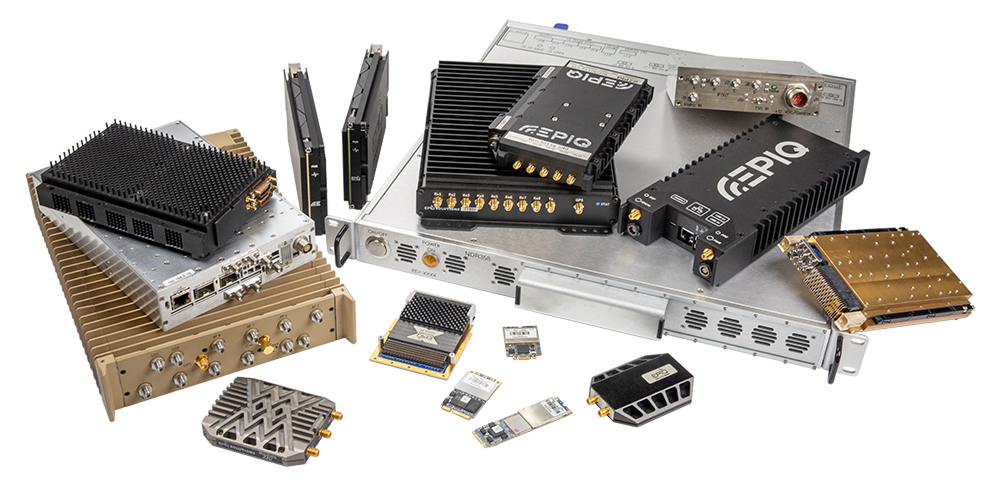
Product
Selection
Choose one:
Category
Output
Fmax (GHz)
IBWmax (MHz)
RX Channels
TX Channels
SFDR Typ. (dB)
Accessible CPU
GPU
Interfaces
Max Power Consumption
Transmitter
|
|
|
|
Channels |
Channels |
(MHz) |
(GHz) |
(MHz) |
Typ. (dB) |
|
Typ. (W) |
|
CPU |
|
|---|---|---|---|---|---|---|---|---|---|---|---|---|---|
-237px.webp) |
|||||||||||||
-237px.webp) |
|||||||||||||
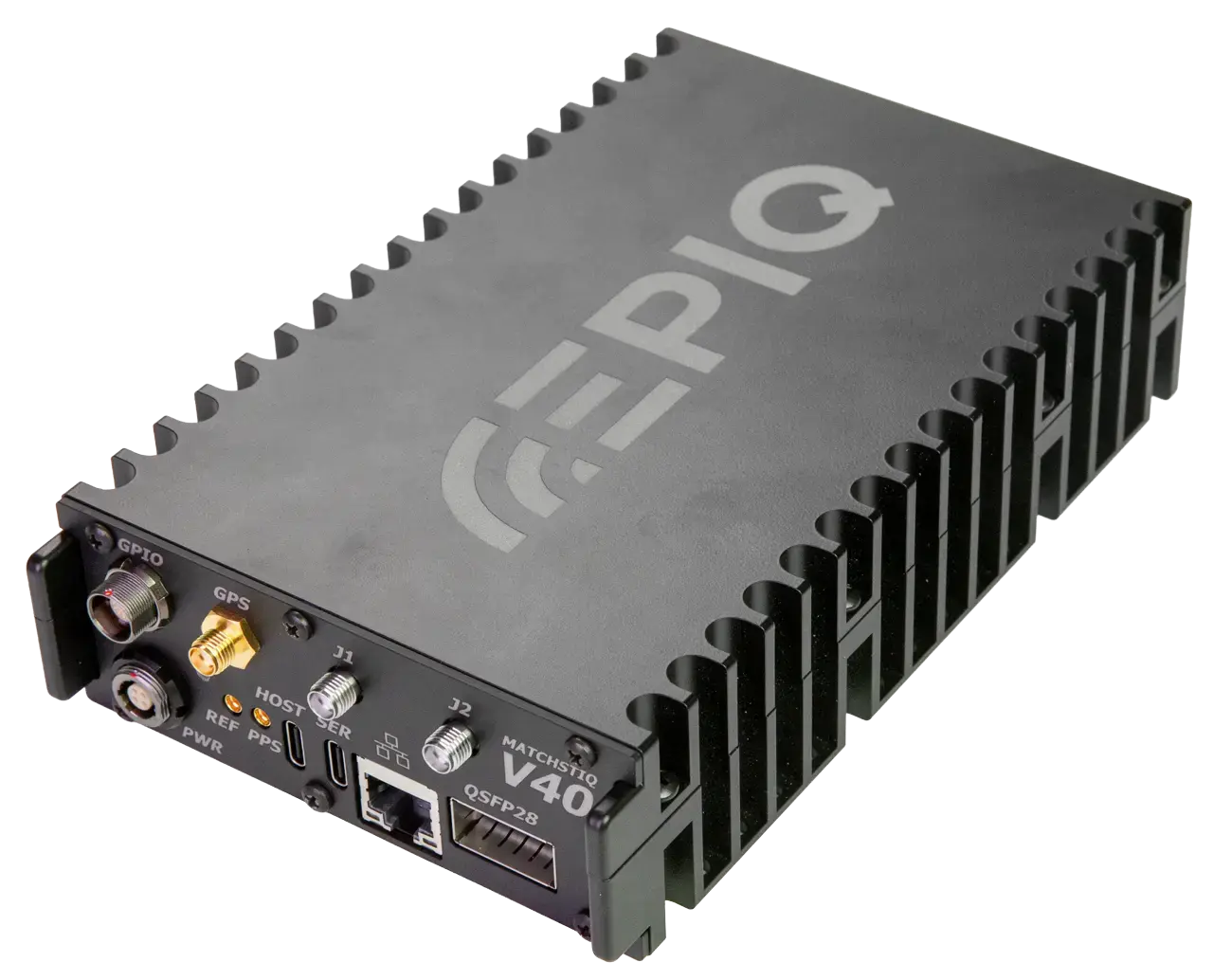 |
|||||||||||||
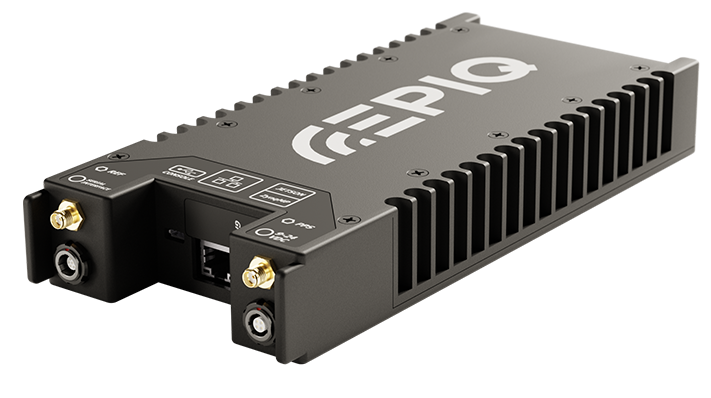 |
|||||||||||||
 |
|||||||||||||
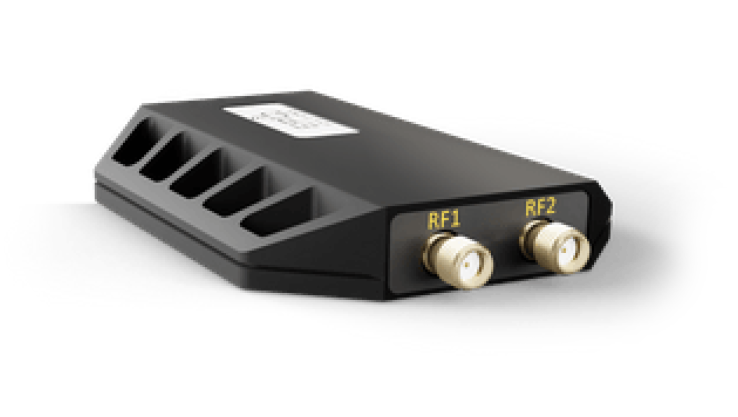 |
|||||||||||||
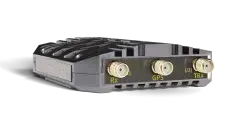 |
|||||||||||||
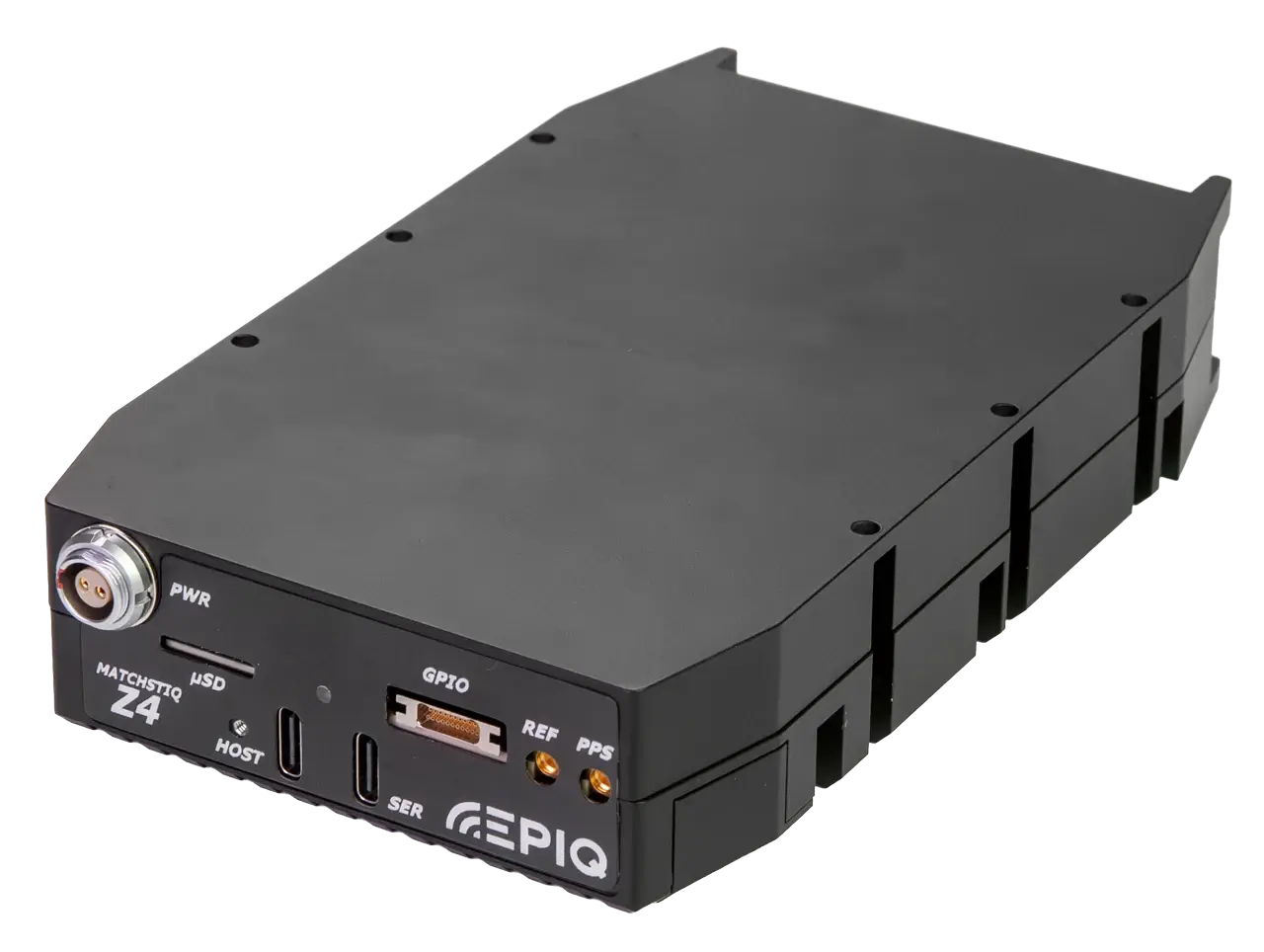 |
|||||||||||||
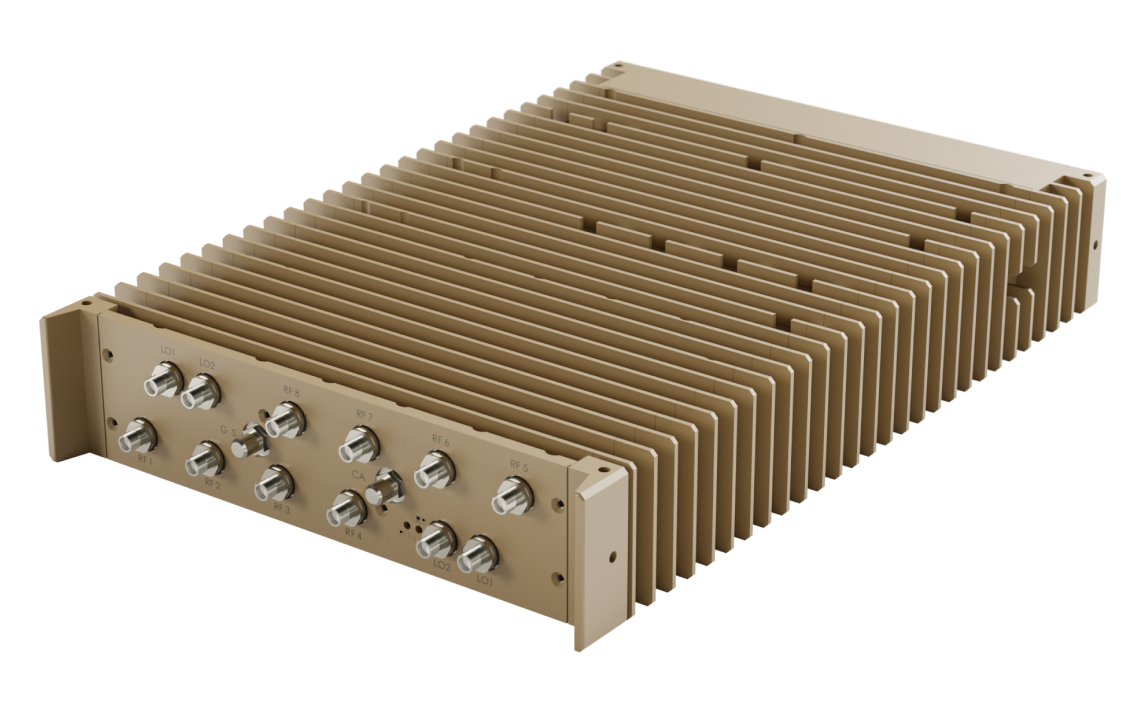 |
|||||||||||||
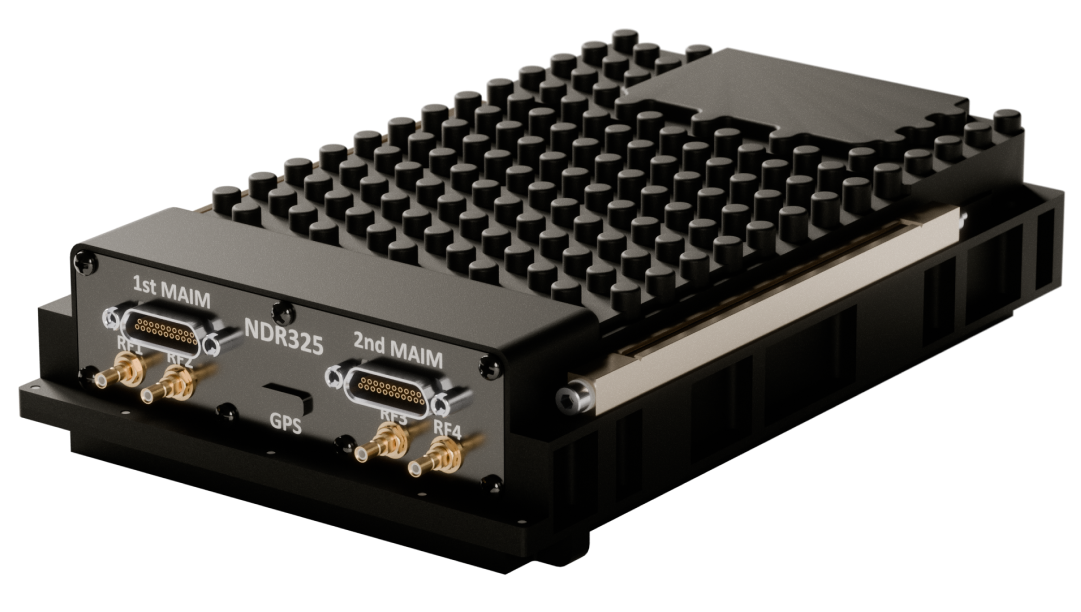 |
|||||||||||||
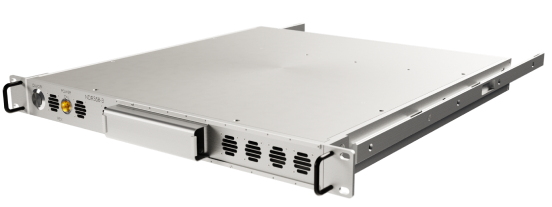 |
|||||||||||||
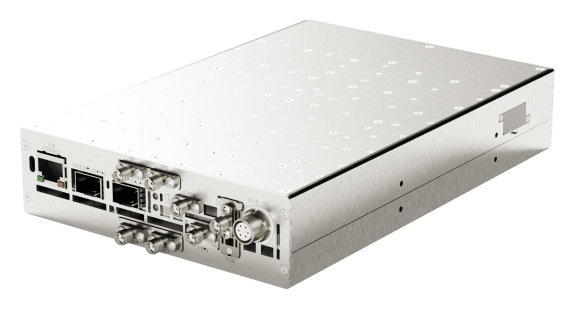 |
|||||||||||||
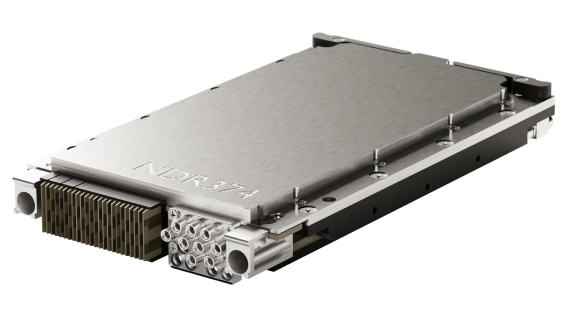 |
|||||||||||||
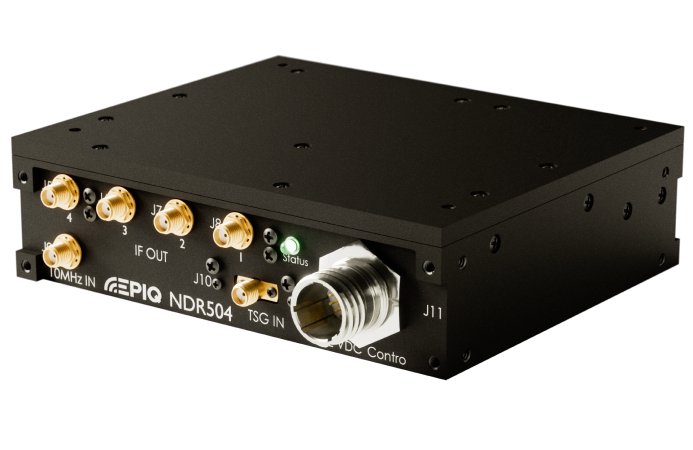 |
|||||||||||||
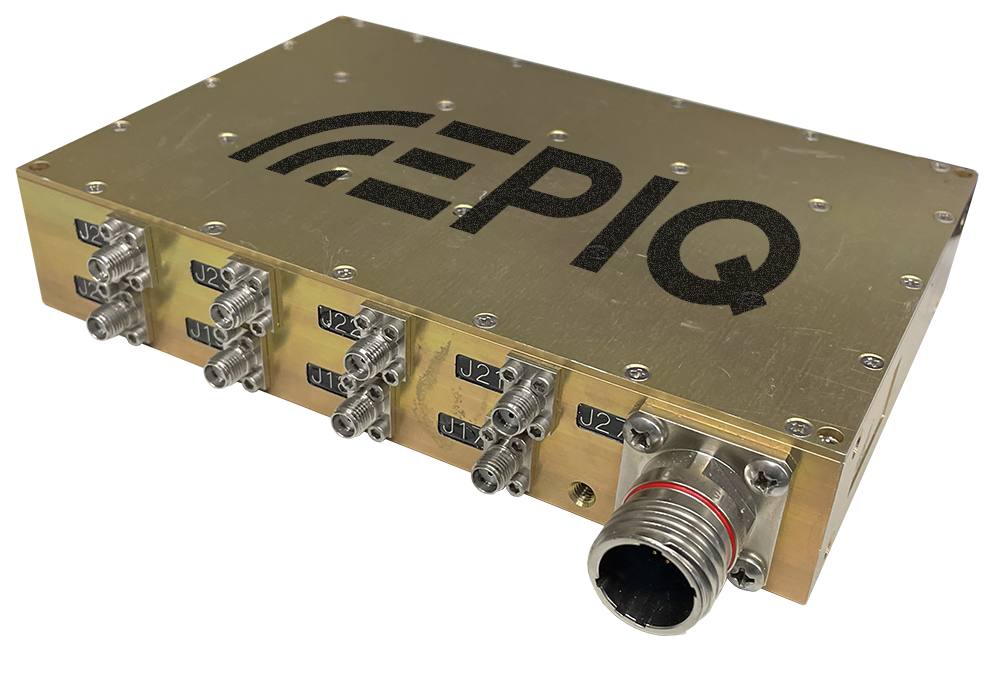 |
|||||||||||||
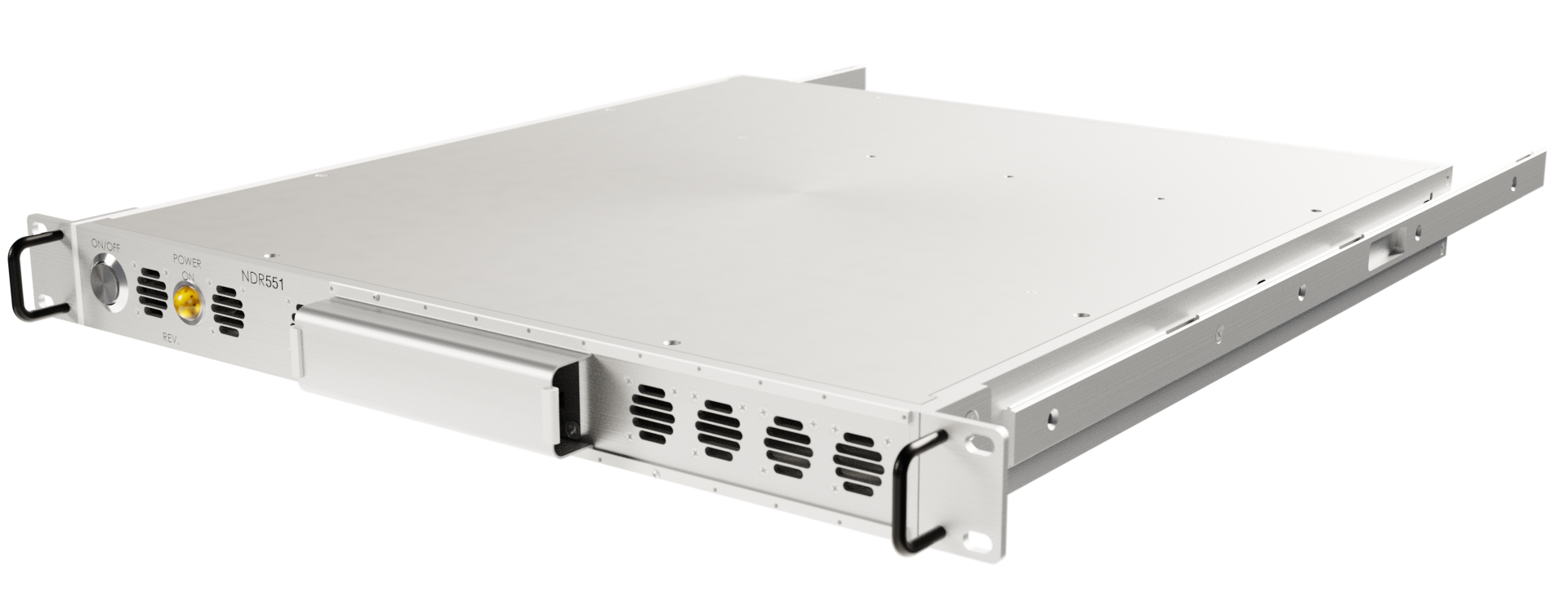 |
|||||||||||||
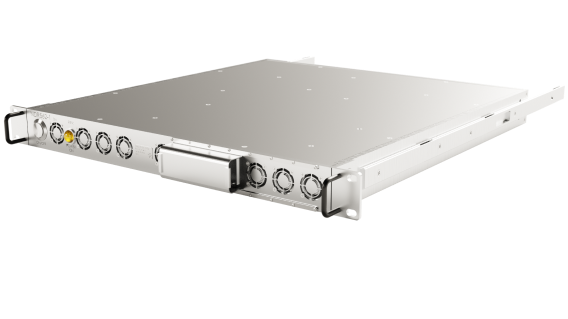 |
|||||||||||||
.webp) |
|||||||||||||
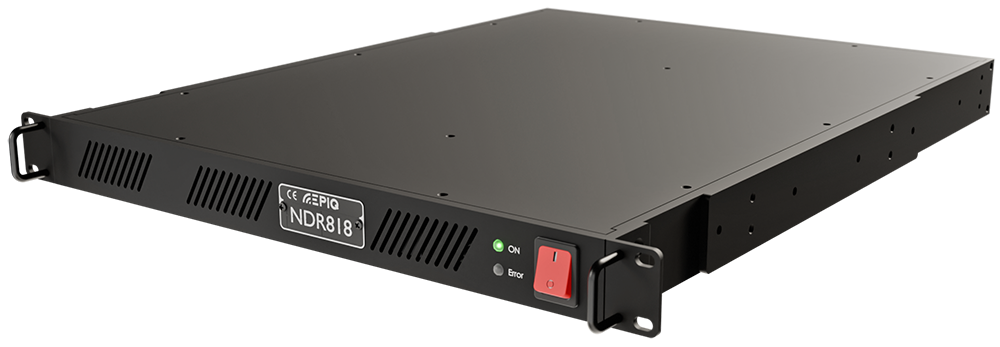 |
|||||||||||||
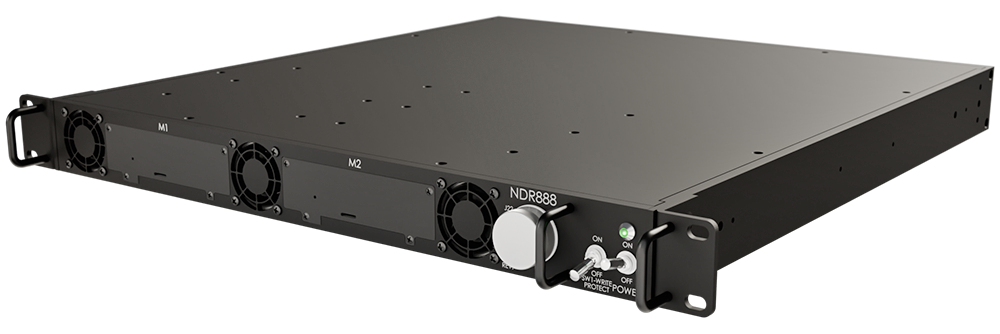 |
|||||||||||||
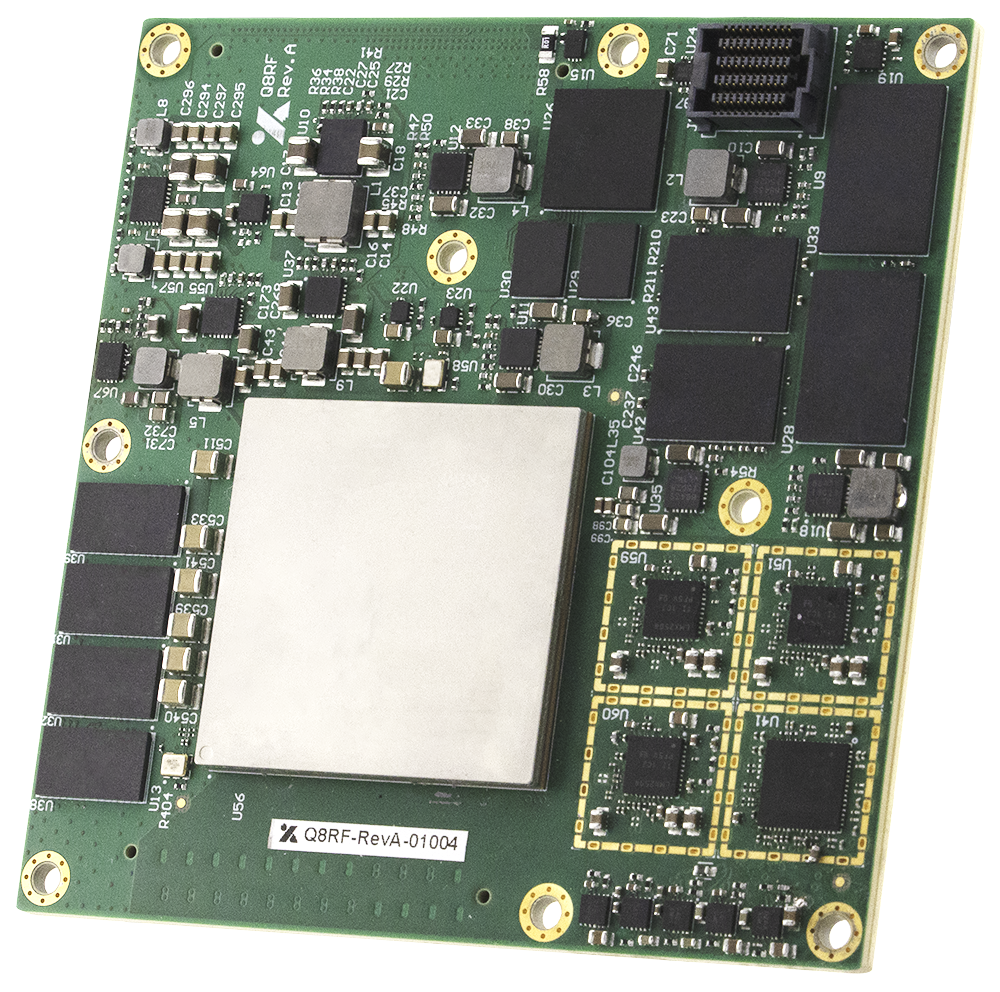 |
|||||||||||||
 |
|||||||||||||
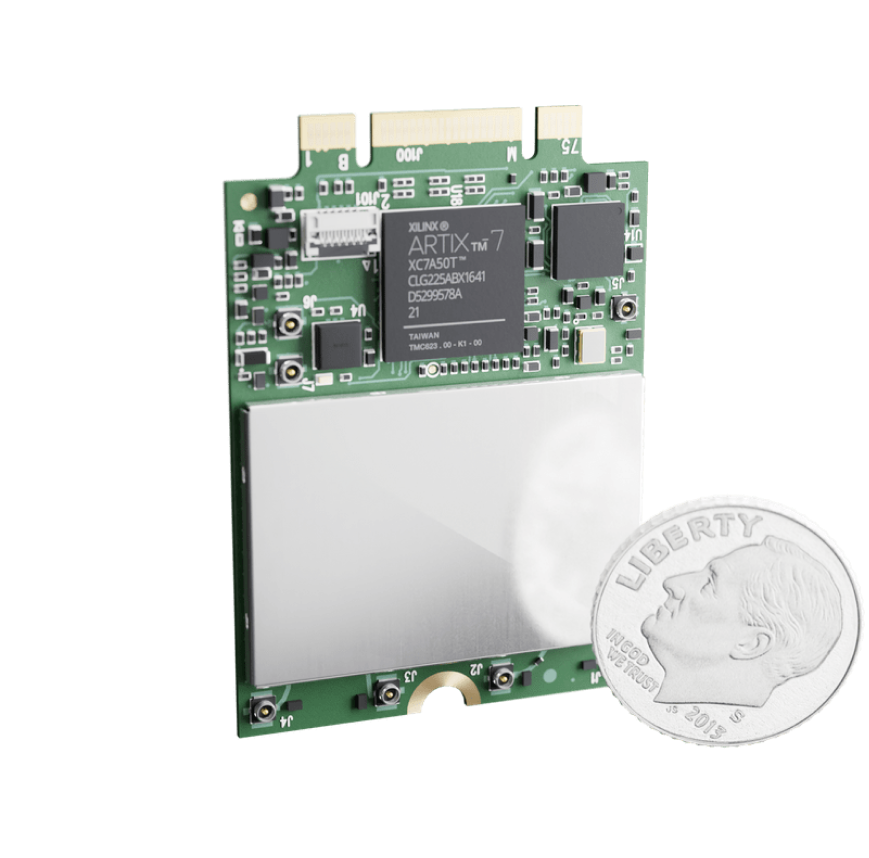 |
|||||||||||||
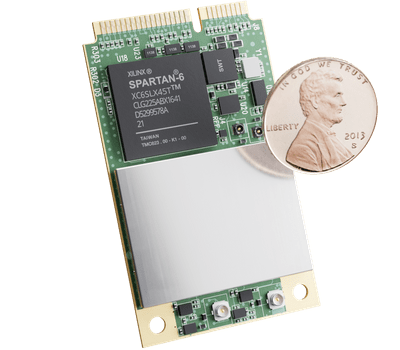 |
|||||||||||||
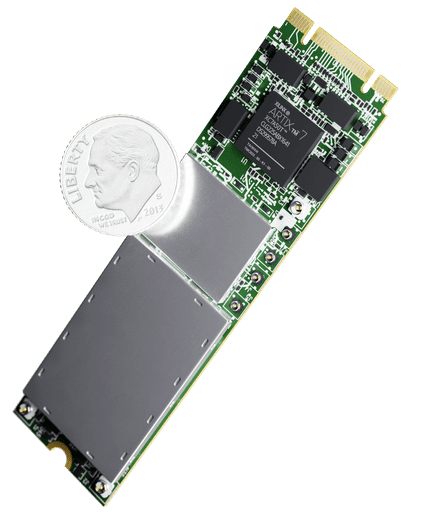 |
|||||||||||||
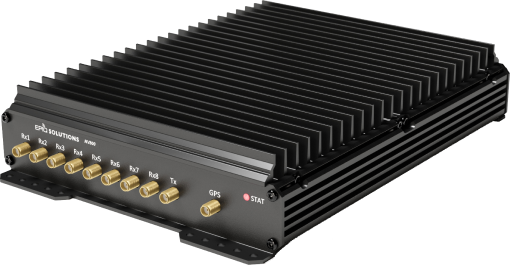 |
|||||||||||||
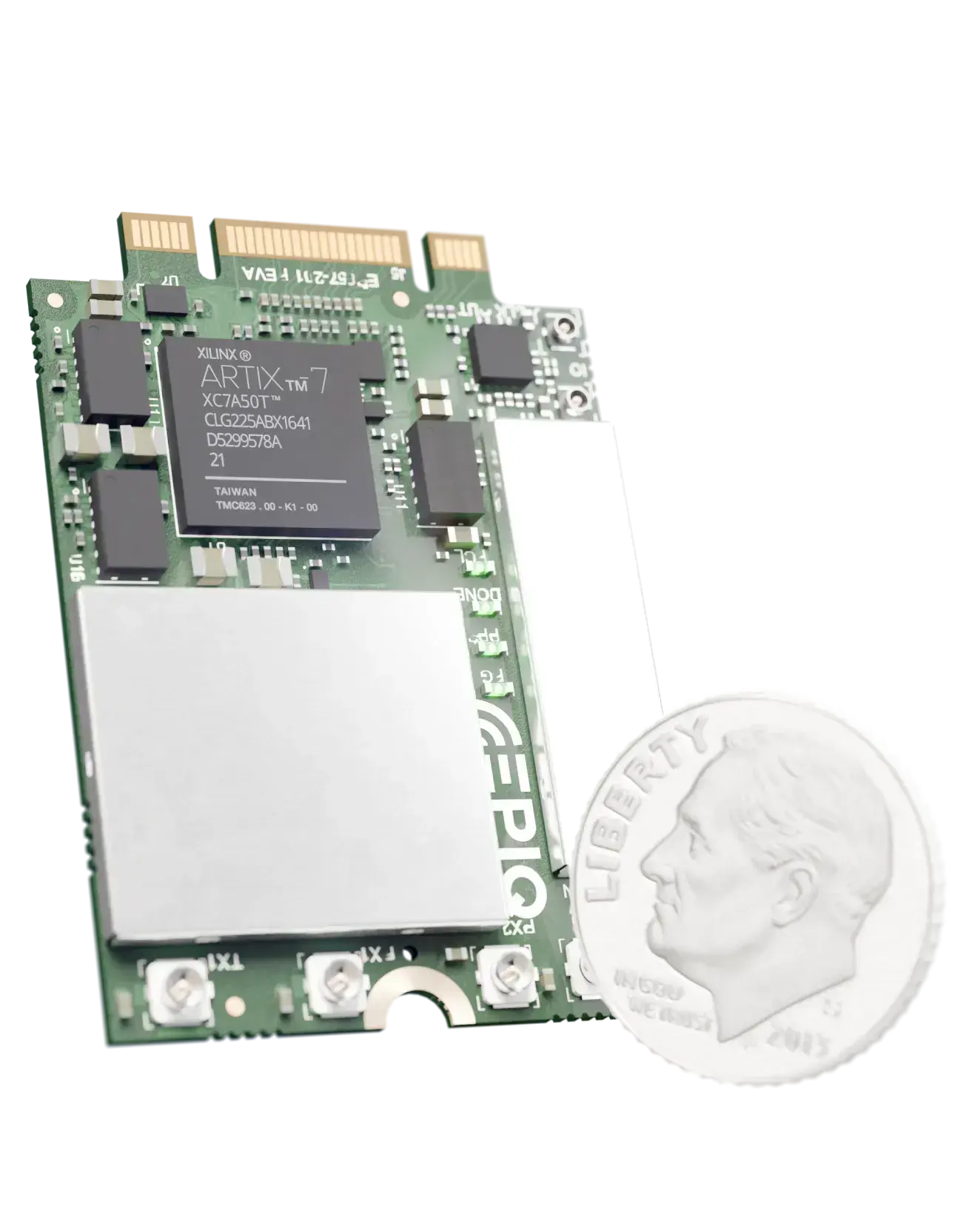 |
|||||||||||||
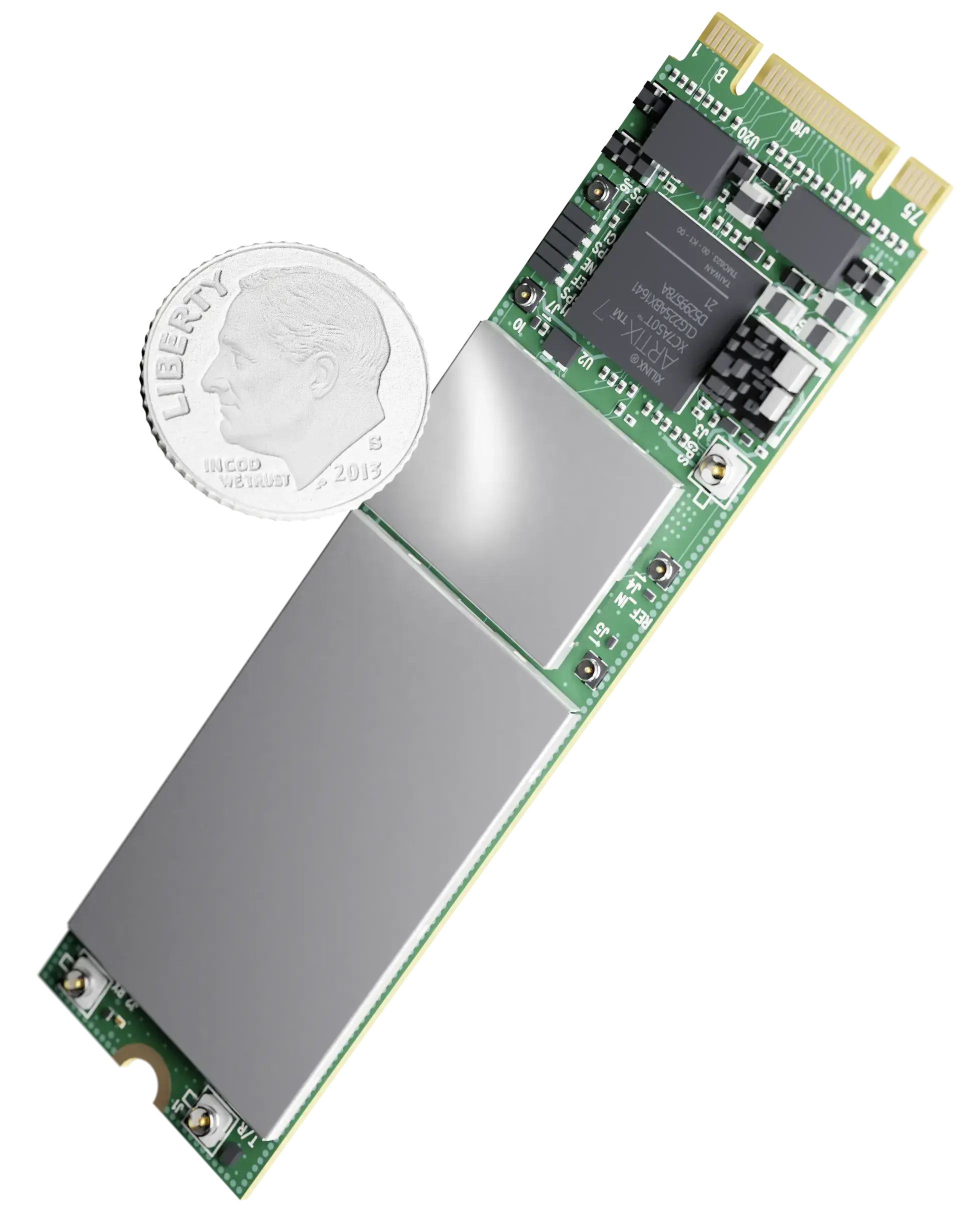 |
|||||||||||||
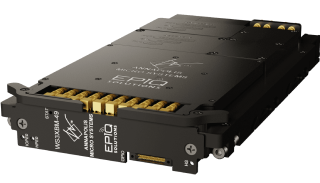 |
|||||||||||||
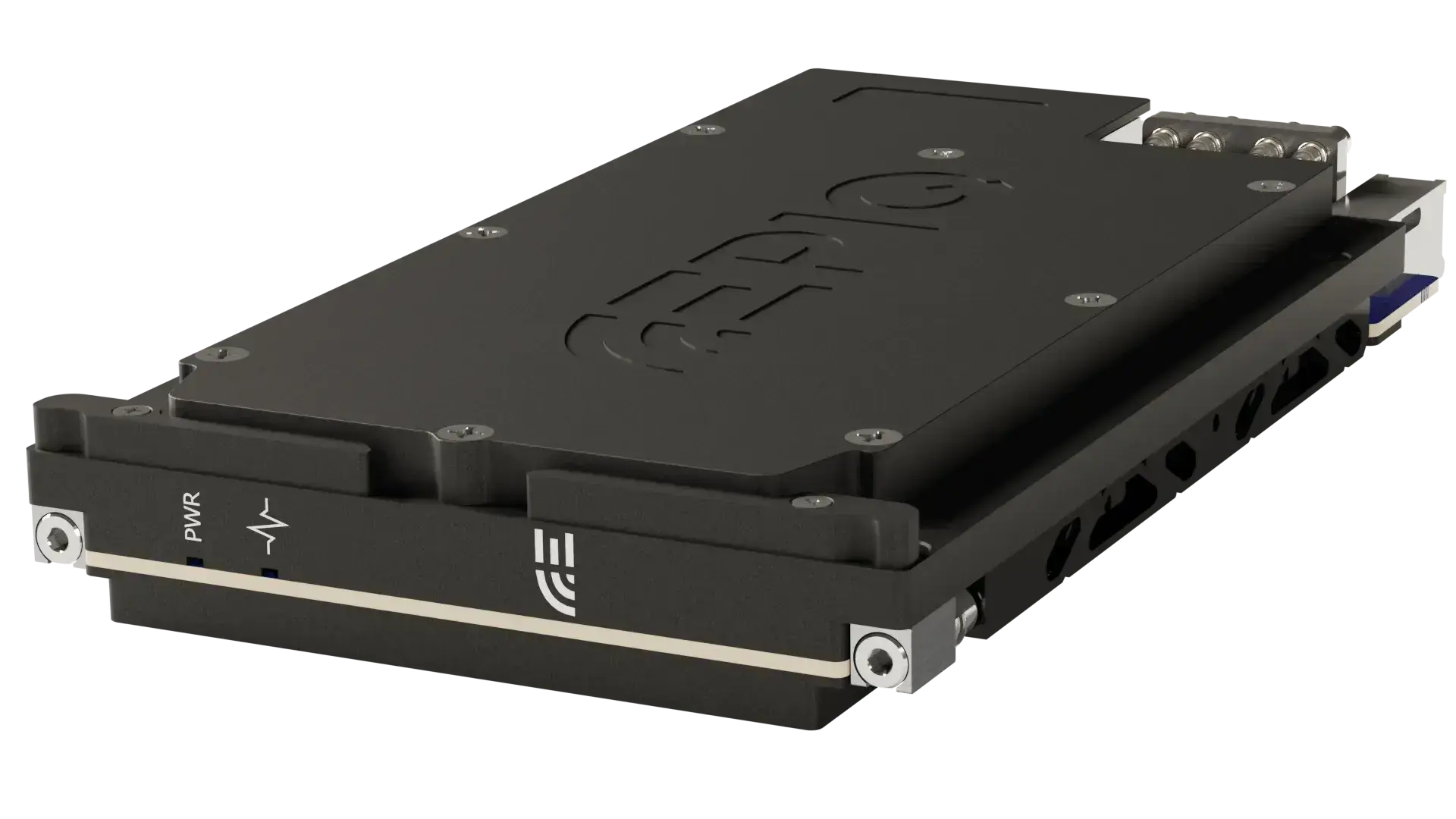 |
|||||||||||||
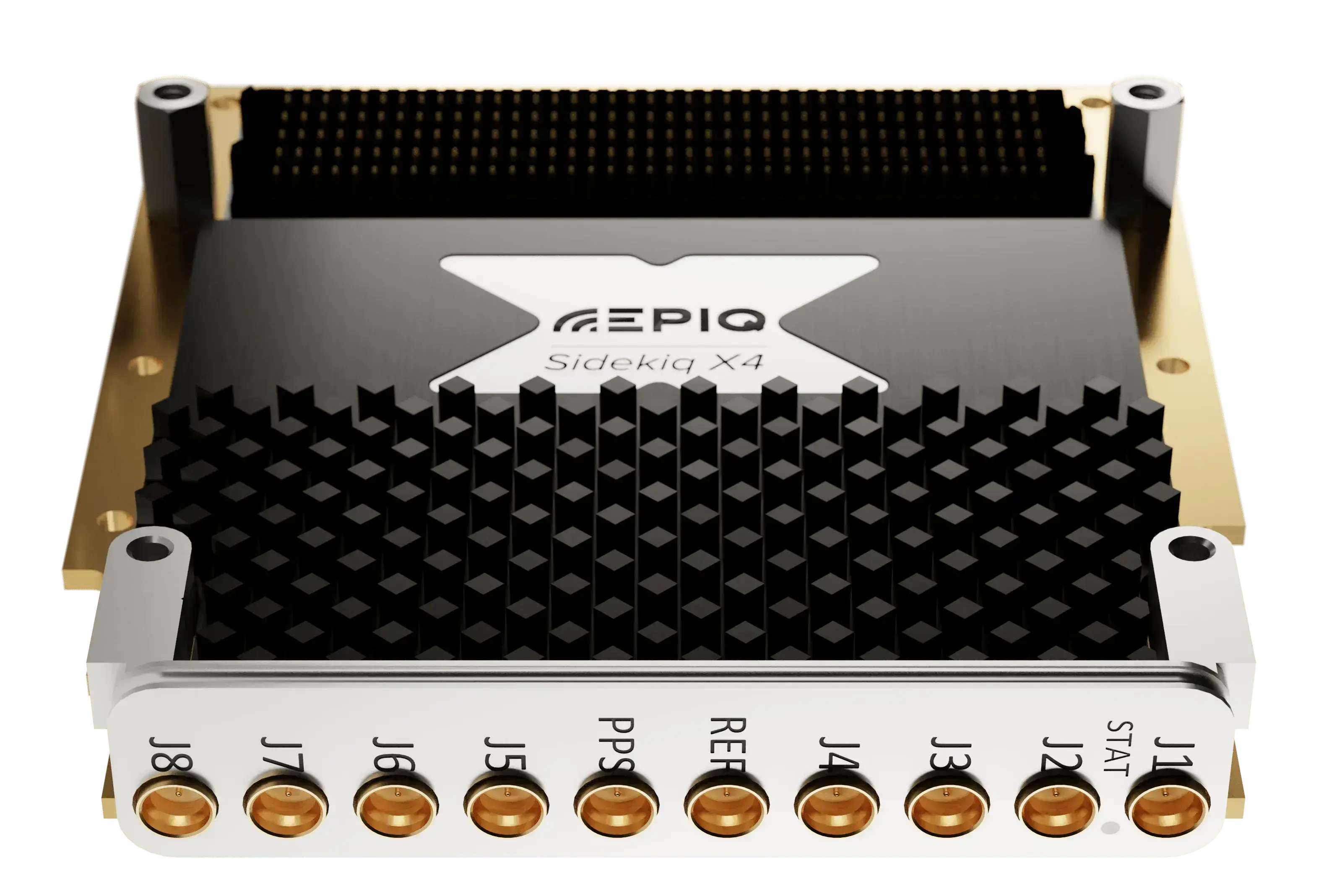 |
|||||||||||||
-237px.png) |
No products to compare, yet.
Please, pick products you wish to compare on the left and they will show up here immediately.
NOTES
- IBWmax - maximum instantaneous bandwidth; may be achieved by combining channels in some cases
- SFDR - Spurious-Free Dynamic Range
- Pwr Cons. Typ. - Typical Power Consumption
- Accessible CPU - CPU available for customer use.
Products
Overview
WIDEBAND RF TRANSCEIVER PLATFORMS
We offer packaged SDR and Tuner products that just require plugging in. These range from tiny radios that can clip to the back of a phone or tablet for survey needs, through to full Mod Payload units and GPU-enabled platforms for intense compute applications such as AI-powered spectrum monitoring and DF. These are ideal for airborne and other low SWaP applications.
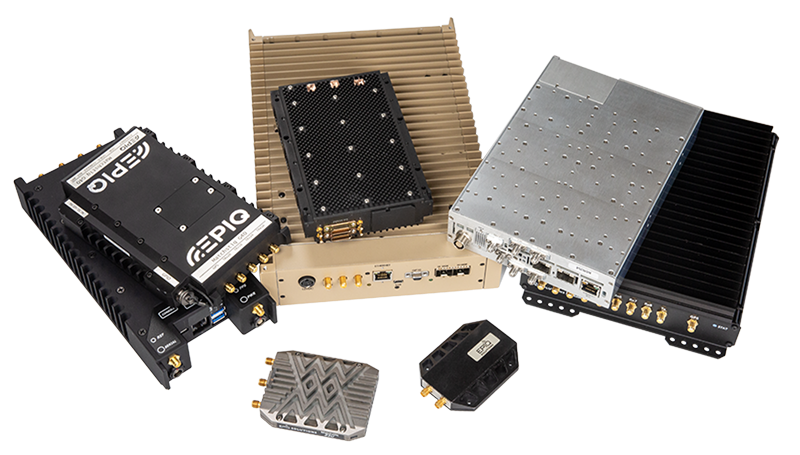
SOSA/CMOSS
Our 3U VPX products are SOSA-aligned and have successfully taken part in plugfests demonstrating compatibility. Our VPX models offer lower power options, while the NDR products have impressive performance and channel density for their size. We offer models operating to 18 GHz and 1 GHz IBW, and models with digital and analog outputs
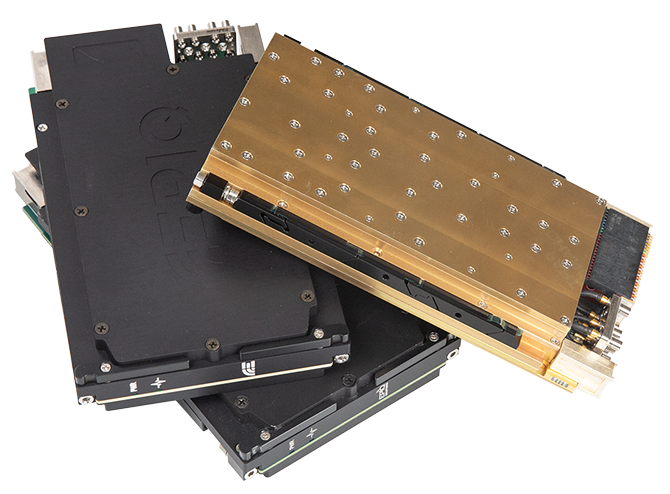
SMALL FORM FACTOR
Originally, Epiq was known as the Small Form Factor radio company, and this continues to be a core strength of the company. The NVM2 is our latest in a line of the smallest SDRs available, and is so small it will fit in places that previously seemed impossible. If more space is available, we offer models with wider bandwidth, pre-selection filtering and more channels that still use very little power and only add tiny amounts of weight. These are ideal for small UAV applications, survey work and many other needs where being unobtrusive is an asset.
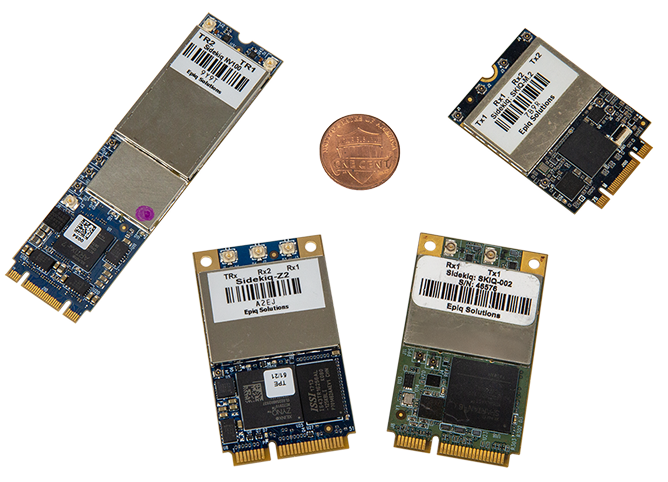
RACKMOUNT
If the absolute best performance is required, our NDR 19” rack mount products have a reputation second-to-none. They offer spurious-free dynamic range (SFDR) figures in excess of 90 dB, and have been proven to pick out the tiniest signals in the presence of intense background clutter. They also provide impressive channel density. See our Rack Mount products here.
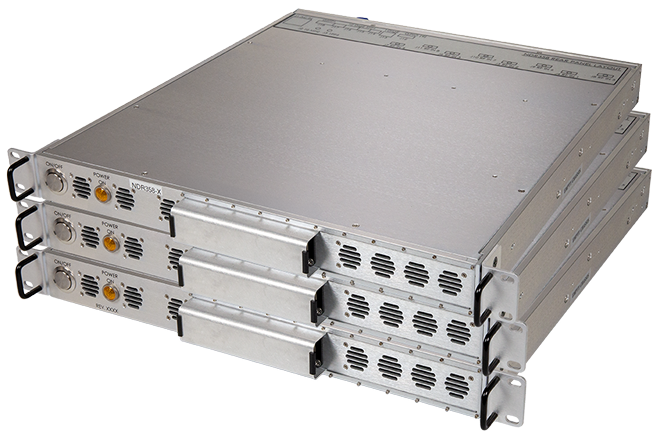
RF DISTRIBUTION & CAL
Whether you need to enable a system extension from 18 to 40 GHz or execute regular system calibrations for the highest overall system accuracy, we offer products to make integration and extensions easy.
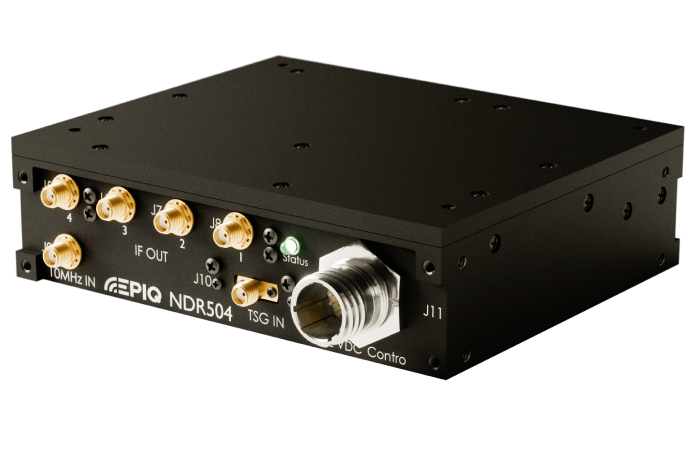



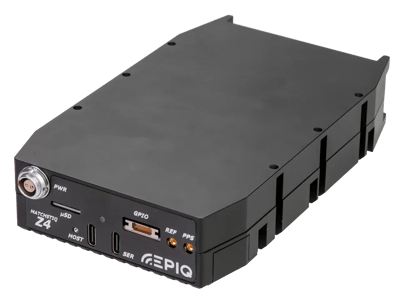



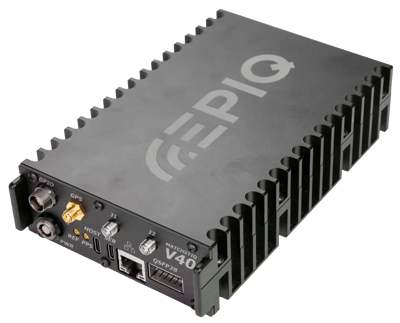




.webp?length=400&name=Cyber-Radio-NDR585%20(3).webp)
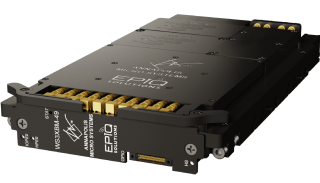









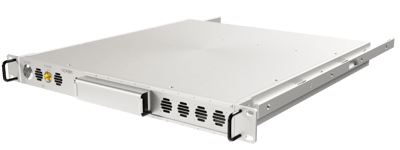
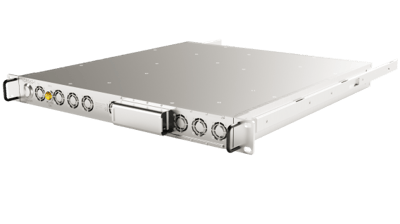


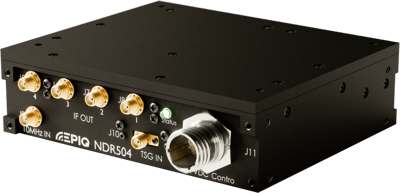


.webp?width=70&height=70&name=Vector%20(1).webp)


